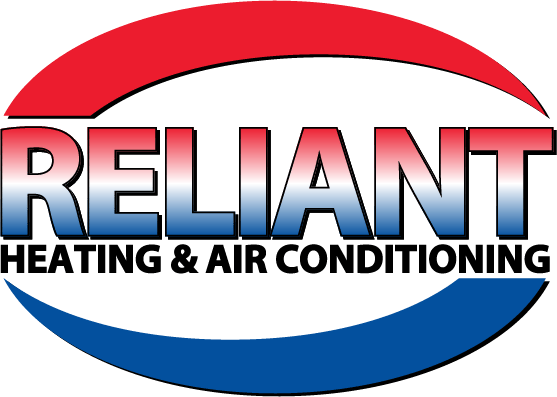As spring approaches, many Florida homeowners start to experience the downside of the season—allergy symptoms caused by pollen, dust, and other airborne irritants. If you’re sneezing, dealing with itchy eyes, or constantly feeling congested indoors, your HVAC system might be the key to relief. A properly maintained heating and cooling system can significantly improve indoor air quality (IAQ) and help reduce allergens inside your home.
Here’s how your HVAC system can be your first line of defense against spring allergies and what you can do to optimize it.
1. Change Your Air Filters Regularly
Your HVAC filter is the first line of defense against allergens like pollen, dust mites, and pet dander. However, when filters become clogged, they lose their ability to trap these particles, allowing them to circulate through your home.
✔ Best Practice:
- Change standard air filters every 30-60 days during allergy season.
- Use HEPA or high-MERV-rated filters (MERV 11-13) to trap smaller allergens.
- Consider an electrostatic filter that captures more airborne particles.
Pro Tip: If you have pets or live in a high-pollen area, you may need to change your filter more frequently to maintain clean indoor air.
2. Schedule an HVAC System Tune-Up
Spring is the perfect time to schedule professional HVAC maintenance to ensure your system is clean and running efficiently. Dust, mold, and allergens can accumulate in ductwork, vents, and evaporator coils, leading to poor air quality.
✔ A professional tune-up includes:
- Cleaning and inspecting your ductwork for dust buildup and mold.
- Checking your AC coils for debris that can restrict airflow.
- Ensuring your humidity levels are properly controlled to prevent mold growth.
The Benefit: A well-maintained system filters air more effectively and prevents allergens from being recirculated throughout your home.
3. Improve Indoor Air Quality with an Air Purifier
Adding an HVAC air purifier or UV light system can help eliminate airborne allergens, bacteria, and mold spores before they spread through your home.
✔ Top Solutions:
- Whole-home air purifiers work with your HVAC system to capture microscopic allergens.
- UV-C light technology helps kill bacteria, mold, and viruses inside your HVAC system.
- Portable air purifiers with HEPA filters can be used in bedrooms or high-traffic areas for additional protection.
Pro Tip: If allergies are a major issue, investing in a whole-home air purification system can make a huge difference in your comfort and health.
4. Keep Your Home’s Humidity Levels Balanced
Florida’s high humidity can worsen allergies by promoting mold and dust mites—two common indoor allergens. Your HVAC system plays a vital role in keeping humidity levels in check.
✔ Best Practice:
- Keep indoor humidity levels between 30-50% to prevent mold growth.
- Use a dehumidifier if necessary, especially in damp areas like basements.
- Ensure your HVAC system is properly sized—an oversized AC can cool your home too quickly without properly dehumidifying the air.
The Benefit: Balanced humidity levels help prevent mold and mildew, which can worsen allergy symptoms.
5. Keep Your Ductwork Clean
Your air ducts can collect dust, pet dander, mold spores, and other allergens over time, especially if they haven’t been cleaned in years. Every time your HVAC system runs, these allergens can get blown back into your home.
✔ When to Consider Duct Cleaning:
- You notice excessive dust buildup around vents.
- You detect a musty smell when the AC is running.
- You’ve never had your ducts cleaned, or it’s been over 5 years.
Pro Tip: While not every home needs duct cleaning often, if you have allergy sufferers in the house, it may be worth checking for dust, pet hair, or mold buildup in the ducts.
Breathe Easier This Spring
Spring allergies don’t have to take over your home! By maintaining your HVAC system, using quality air filters, and keeping humidity levels balanced, you can drastically reduce allergens indoors and enjoy cleaner, fresher air.
At Reliant Heating and Air Conditioning, we specialize in HVAC maintenance, air purification solutions, and system tune-ups to help keep your home allergy-free. Contact us today to schedule a spring HVAC checkup and start breathing easier!
